Videos
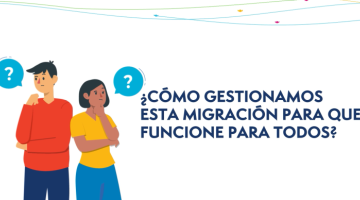
¿Cómo gestionamos la migración para que funcione para todos? Pacto Mundial para una Migración Segura, Ordenada y Regular
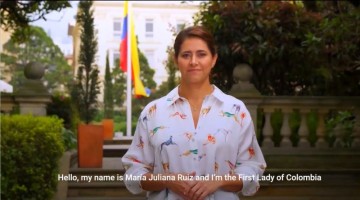
Intervention by the First Lady of Colombia, Maria Juliana Ruiz
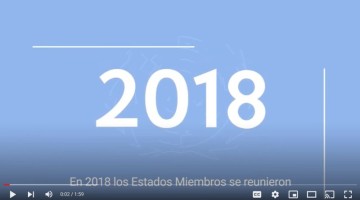
UN SG first biennial report on GCM implementation - SP ST/ SP VO

GCM Principios Rectores - SP

El Fondo Fiduciario en 70 segundos

Fondo fiduciario en 70 segundos

#Therearealternatives Immigration detention of children ES
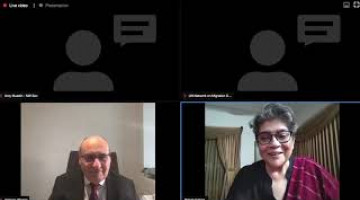
VNR Lab on Migration
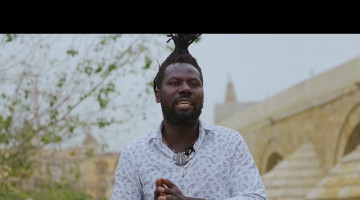
Solidarity in times of COVID-19 – Video 2
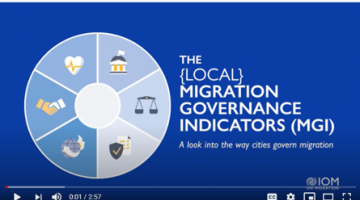
The Local Migration Governance Indicators (MGI)

Civil Society Expectations for the 12th Global Forum on Migration & Development Summit – GFMD Civil Society Days
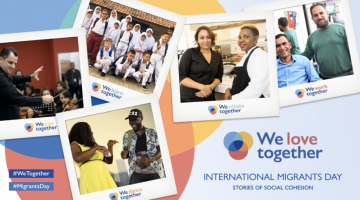
International Migrants Day 2019 - Social Cohesion and "We Live Together" campaign

How Climate Changes Drives Migration To The U.S.
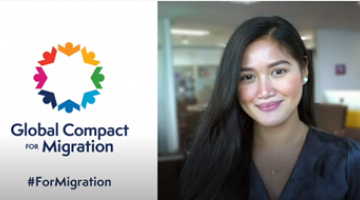
The Global Compact for Migration
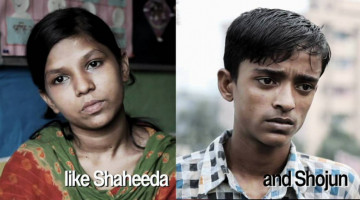
Count Every Child: Universal Birth Registration
About the Migration Network Hub
What is the Migration Network Hub?
The Hub is a virtual “meeting space” where governments, stakeholders and experts can access and share migration-related information and services. It provides curated content, analysis and information on a variety of topics.
The Hub aims to support UN Member States in the implementation, follow-up and review of the Global Compact for Migration by serving as a repository of existing evidence, practices and initiatives, and facilitating access to knowledge sharing via online discussions, an expert database and demand-driven, tailor-made solutions (launching in 2021).
Submit your content
What content is displayed in the Hub?
The Hub aims to help you find information on migration, ranging from policy briefs and journal articles, existing portals and platforms and what they offer, to infographics and videos. The different types of resources submitted by users undergo peer review by a panel of experts from within the UN and beyond, before being approved for inclusion in the Hub. To provide guidance to users based on findings of the needs assessment, the content is ordered so that more comprehensive and global resources are shown before more specific and regional ones. Know a great resource? Please submit using the links above and your suggestion will be reviewed. Please see the draft criteria for existing practices here.
Apply to join the Peer Review Roster
Content submitted to the Migration Network Hub is first peer reviewed by experts in the field from both the UN and beyond. Applications are welcomed to join the roster on an ongoing basis. Learn more here.
Contact us
We welcome your feedback and suggestions, please contact us
*References to Kosovo shall be understood to be in the context of United Nations Security Council resolution 1244 (1999).
Newsletter
Subscribe to our newsletter.